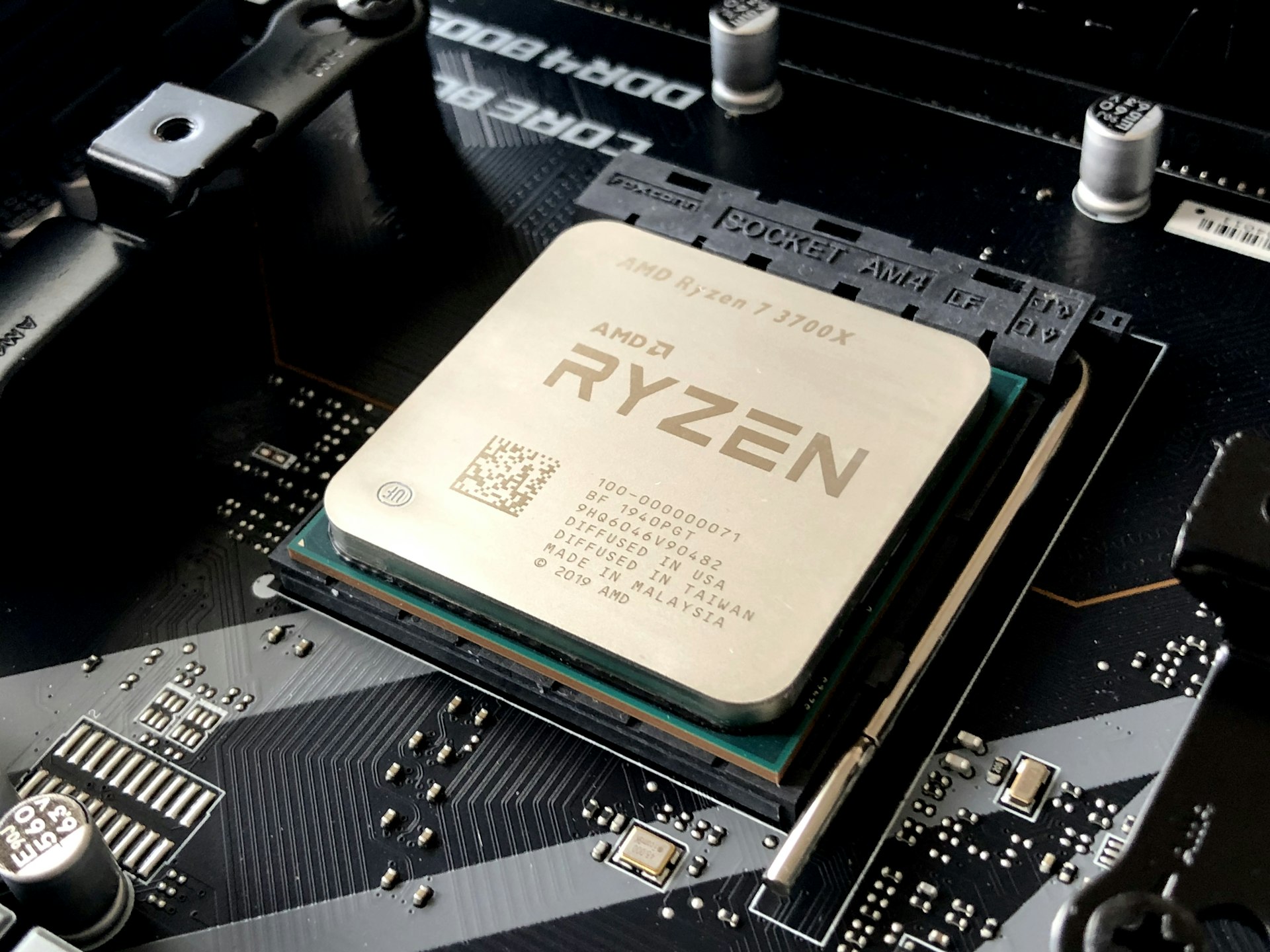Unlocking Creativity: The Evolution and Impact of Modding Culture in Video Games

Photo by Andreas Haslinger on Unsplash
Introduction
Video game modding has transformed from underground tinkering into a celebrated movement that fuels creativity, innovation, and even entire new genres within the gaming industry. This culture empowers players to modify, extend, and personalize their favorite games, fostering a unique collaborative environment between developers and communities. In this article, you will learn about the origins of modding, its benefits, real-world examples, practical guidance for getting started, and the challenges you may encounter along the way.
The Origins of Modding Culture
Modding, short for “modification,” refers to the alteration of video game content by players or independent creators, often without direct involvement from the original developers. The roots of this culture can be traced to the early days of computer gaming. One of the first instances occurred with
Spacewar!
(1962), a game developed at MIT. Here, programmers freely modified and expanded the game’s features, setting the precedent for communal and creative play
[1]
. By the 1980s, modding had become increasingly popular, as illustrated by the modification of arcade games like
Missile Command
and PC titles such as
Castle Wolfenstein
, which was famously transformed into
Castle Smurfenstein
by replacing in-game characters
[2]
[3]
.
The practice gained significant momentum in the 1990s when id Software, the developer behind
Doom
, provided users with tools and files to create custom levels and content. This open approach encouraged a flourishing modding community and inspired other developers to embrace mod-friendly designs
[4]
. Today, modding is considered both a creative outlet and a vital aspect of game longevity and community engagement.

Photo by Anton Shuvalov on Unsplash
Benefits of Modding Culture
Modding culture offers a wealth of advantages for both players and the gaming industry:
- Enhanced Creativity: Modders use their imagination and technical skills to create new content, mechanics, and even entirely new games within existing frameworks. This process often leads to the birth of innovative genres and gameplay experiences.
-
Extended Game Lifespan:
Mods can revitalize older games, keeping communities active years after official support has ended. Popular titles like
Skyrim
and
Minecraft
continue to thrive thanks to a steady influx of user-generated content [3] . - Community Engagement: Modding encourages collaboration and knowledge sharing among enthusiasts. Many forums and platforms exist where creators exchange ideas, offer feedback, and work together on large-scale projects.
- Career Pathways: Modding serves as a springboard for aspiring developers. Many professionals in the industry began their careers by creating mods, building portfolios that showcased their skills and passion.
- Player Empowerment: Mods enable players to customize games to suit their preferences, from visual enhancements to accessibility features, making gaming more inclusive and adaptable.
Real-World Examples of Modding Success
Numerous prominent games and genres originated as mods:
-
Counter-Strike:
Began as a mod for
Half-Life
and evolved into one of the most popular tactical shooters worldwide [5] . -
DOTA 2:
Originated from a community-created mod for
Warcraft III
, spawning the entire Multiplayer Online Battle Arena (MOBA) genre. -
DayZ:
Started as a mod for
ARMA 2
and led to the survival game boom.
These examples illustrate how modding can revolutionize the industry and create opportunities for both hobbyists and professionals.
How to Access and Participate in Modding Culture
If you are interested in modding, there are several pathways you can take, regardless of your background or technical expertise. Here’s how you can get started:
1. Choose a Mod-Friendly Game
Select a game that supports modding and has an active community. Popular options include
Skyrim
,
Minecraft
,
Stardew Valley
, and
The Sims
. Many developers now provide official modding tools and documentation.
2. Explore Modding Platforms and Communities
Join established modding communities and platforms. You can find mods, tutorials, and support on sites such as Nexus Mods, Mod DB, and Steam Workshop. When searching for mods or instructions, use the game’s official forums or established community sites to ensure safety and compatibility.
3. Learn the Basics
Start by downloading and installing simple mods to understand how they work. Most modding communities offer detailed guides and beginner-friendly resources. Search for official modding documentation or beginner tutorials specific to your chosen game. For more advanced modding, you may want to learn basic programming or scripting languages, such as Lua, Python, or C#.
4. Create Your Own Mods
Once comfortable, experiment by making your own modifications. Start small, such as changing textures, adding items, or adjusting game parameters. Use the official modding tools and follow community best practices for documentation and compatibility. Collaborate with other modders through forums, Discord channels, or community projects.
5. Share and Collaborate
Publish your mods on reputable platforms, ensuring they meet community guidelines and are virus-free. Participate in feedback loops, beta testing, and collaborative projects to enhance your skills and reputation. Always respect intellectual property rules-ensure you have the right to modify and distribute the content you are working on, and seek permission when necessary to avoid legal issues.
Challenges and Considerations
While modding offers many benefits, it also presents challenges:
- Legal and Ethical Issues: Modding can sometimes conflict with intellectual property laws. Always review the End User License Agreement (EULA) of any game you wish to modify and consult official developer policies when in doubt [1] .
- Technical Complexity: Advanced mods may require programming skills, graphic design knowledge, or familiarity with game engines. Utilize community resources and official documentation to bridge knowledge gaps.
- Compatibility and Stability: Mods can cause games to crash or behave unpredictably, especially when many are used together. Test your mods thoroughly and back up original files before making changes.
- Community Standards: Modding communities have established guidelines and etiquette. Respecting these ensures a positive and collaborative environment.
Alternative Approaches to Modding
For those interested in game customization but not ready to create mods independently, consider:
- Using Pre-Made Mods: Many community-created mods are available for download. Always source these from reputable platforms and check user reviews and compatibility notes.
- Participating in Mod Jams: Some communities host time-limited events where participants collaborate to create mods around specific themes. These are great opportunities to learn, network, and receive feedback.
- Engaging with Developers: Some studios invite community contributions or run official contests. Follow your favorite games’ official channels for announcements.
Key Takeaways and Next Steps
Modding culture in video games is a dynamic force that democratizes creativity and extends the lifespan of beloved titles. Whether you aim to enhance your favorite game, build technical skills, or pursue a career in gaming, the modding community offers accessible entry points and a wealth of resources. To get started, choose a mod-friendly game, join community forums, and explore beginner tutorials. Remember to follow legal guidelines and community standards for a rewarding and responsible experience.
References
- [1] Wikipedia (2024). Video game modding – historical overview and foundational concepts.
- [2] Retromash (2024). A brief history of game mods – early examples and legal context.
- [3] Stash.gg (2024). What is video game modding? – definition, benefits, and examples.
- [4] TechRadar (2024). Skins, Smurfs and Skyrim: A brief history of PC modding – evolution and community impact.
- [5] Sotamaa, O. (2022). Modding: Encyclopedia of Ludic Terms – academic perspective and case studies.
MORE FROM savvysc.com













